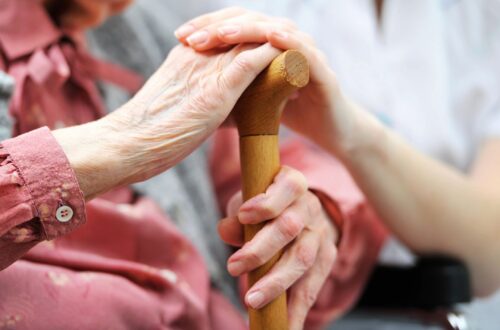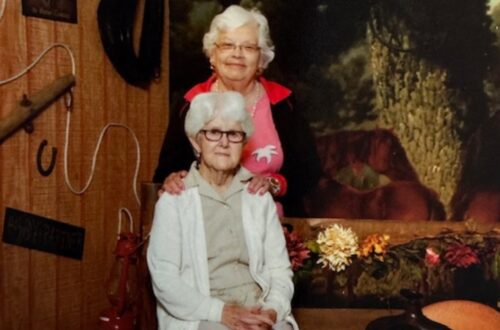How to Take Care of Loved Ones As a Long-Distance Caregiver
Part of being a caregiver is making sure your loved one is connected and has people they can link up with if they need help or emotional support. The financial and psychological burdens of distance caregiving can be substantial. If you are a long-distance caregiver to a loved one, use this guide to develop a supportive network for your loved one and ensure they are taken care of when you have to care from afar.
Plan your next trip carefully
The time you spend with your loved one might be pretty limited, but if you have some specific goals, you can get a lot accomplished. Before you go, talk with your loved one about what they feel like they might need help with. A list of needs can help you figure out which people might be in a position to help.
Talk with your loved one about their current friends or people who they see regularly. Get a list of people in their life so you know who you need to reach out to if they need help. Talking with them about their neighbors also helps gauge the closeness of their relationships.
Use tech to your advantage
Once you have a list of people with whom your loved one spends time regularly, schedule a time to visit these people and talk with them about helping your loved one. You can invite them over for lunch or a cookout. Ask people if they can help with specific tasks, like rides to social events, occasional visits, or grocery shopping.

A long-distance caregiver shared their experience with Woman’s Day regarding the trials and tribulations involved with taking care of her mother, who also has dementia. Her mother didn’t show up to a singing group she was in, so one of the other members of the group called to make sure that her mother was OK. Make sure neighbors have your number and you have theirs.
In addition to relying on others, there are new tech products that can help you help your loved one from afar. Consider using a tracking device for your own peace of mind and to make checking up a simpler and quicker process for you and anyone in your loved one’s support network. If your loved one takes a variety of medications, you might want to invest in a smart pill box like Dose that notifies your loved one when it’s time to take their medications and alerts if a dose is missed.
Strengthen the relationship over time
Talking on the phone isn’t the only way that you can connect. Social media is a powerful tool that you can use to check up on your loved one. A social media connection doesn’t require a high level of investment, but can be an invaluable tool for you to find out who lives near your loved one and occasionally ask them to check up on them.
Try to introduce yourself to the neighbors in person when you visit your loved one. A face-to-face conversation establishes trust and builds rapport, which is critical in helping your loved one get the care they need and deserve.
Consider a roommate
Your loved one might have some friends who are currently living in a similar situation. Many people might not have neighbors that live close to them or haven’t been able to connect with people who live nearby. A recent New York Times article addressed a possible solution for situations like this: looking for a roommate or a live-in caregiver. Both individuals might benefit financially because they can split rent and other monthly costs, and it also creates a built-in support group.
Geriatric care manager
If you’re struggling to set up a sufficient social network, don’t be afraid of reaching out to a local service like a geriatric care manager. They can anticipate needs, in addition to providing emotional and social support.
It can be a little daunting trying to take care of your loved one from afar. Try to introduce yourself to their neighbors in whatever ways you can: face-to-face, phone calls, or social media. You can also help them get a roommate. Take advantage of the technology you have, and if you’re still struggling, hire a geriatric care manager. It’s a challenging task, needing to take care of your loved ones as they age, but you’re capable of it.
Guest post by Hal Salazar
photo credit: Pexels



